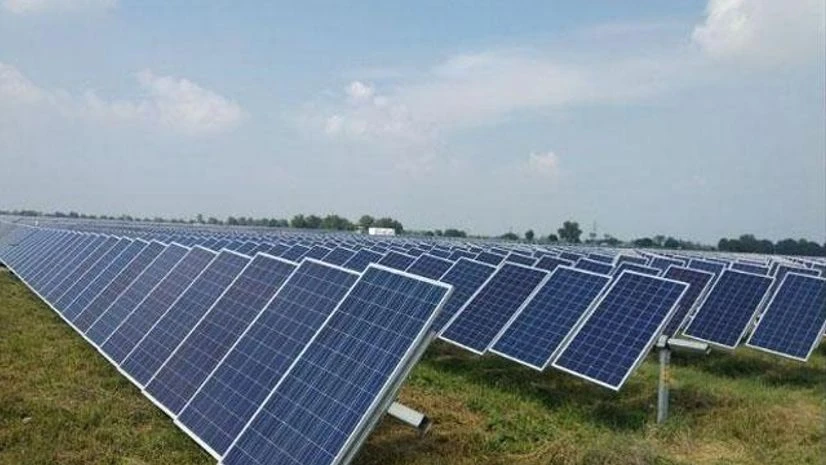India and the United States on Friday announced the launch of a new energy task force to support large-scale integration of renewable energy needed to support the clean energy transition.
The announcement of the initiative, which will further strengthen the India-US partnership in the critical energy sector to an altogether new level, came following a bilateral meeting between Union Minister of Petroleum and Natural Gas Hardeep Singh Puri and US Energy Secretary Jennifer Granholm here.
During the meeting the two leaders underscored the critical importance of bilateral clean energy engagement to strengthen energy security and to accelerate clean, secure, and just energy transition.
Meeting amidst volatility in global energy markets, continuing recovery from the COVID-19 pandemic, and increasingly frequent climate-related challenges, the two leaders underscored the importance of ensuring reliable energy supplies to ensure balanced energy markets, including India's support for the US initiative to release crude oil from the strategic petroleum reserves, and the importance of diversifying to clean energy sources.
Puri and Granholm reiterated the importance of private sector engagement to facilitate investment, inform policy, and accelerate technology deployment.
Also Read
To that end, the United States and India continue to convene public-private task forces on hydrogen and biofuels, and announced the launch of a new Energy Storage Task Force to support large-scale integration of renewable energy needed to support the clean energy transition, said a joint statement issued after the meeting.
Puri and Granholm welcomed collaboration between Indian and US companies through a Memorandum of Understanding to deploy methane abatement technologies in India's city gas distribution sector under the Low Emissions Gas Task Force to help reduce emissions in the oil and gas sector.
As climate and clean energy leaders, the United States and India share a common vision to deploy clean energy at scale during this critical decade to reduce emissions and achieve climate change mitigation goals, taking into account different national circumstances, it said.
Through regular consultations on global energy markets, efforts to strengthen collective energy security, and deepening technical engagement to support economy-wide decarbonisation, the two countries are proactively addressing the multiple crises that the world faces through the US-India Strategic Clean Energy Partnership, said the joint statement.
Welcoming the increased clean energy collaboration between stakeholders of both countries which is facilitating expanded clean energy investment, including in emerging technologies, the two leaders recognised that ambitious national climate and clean energy goals require concerted action and implementation at all levels of government to ensure their viability and sustainability.
Discussing the progress on continued efforts to advance emerging fuels and technologies and electrification and decarbonisation of end use sectors, they also talked about hard-to-abate sectors.
The Ministers were informed about various initiatives, including joint research and development on smart grids and energy storage and new collaboration on carbon capture, utilisation and storage (CCUS) technologies, and the potential to explore collaboration on other novel technologies under the US-India Partnership to Advance Clean Energy-Research (PACE-R).
Among the enhanced bilateral efforts include strengthening the power grid to ensure reliable, affordable, and resilient clean energy supply including through smart grids and energy storage; assessing grid-integrated buildings, electric vehicles, and other distributed energy resources to support load management.
This includes advancing renewable energy development and deployment, including to support India's goal of achieving approximately 50 per cent cumulative electric power installed capacity from non-fossil fuel-based energy resources by 2030.
India and the US are also working on advancing energy efficiency and conservation in appliances, buildings and the industrial sector; electrifying and decarbonising the transportation sector, including creating an enabling ecosystem through setting up an Electric Vehicle (EV) financing services facility in India; and reducing emissions across the oil and gas value chain including efforts at deploying methane detection and abatement technologies.
The two countries are working in decarbonising the industrial sector through efforts at electrification, carbon capture and storage, and deployment of other clean emerging energy technologies; and deepening cooperation between Indian and US Department of Energy labs and agencies, like the EIA, and on energy data management, modeling, low carbon technologies.
(Only the headline and picture of this report may have been reworked by the Business Standard staff; the rest of the content is auto-generated from a syndicated feed.)

)
